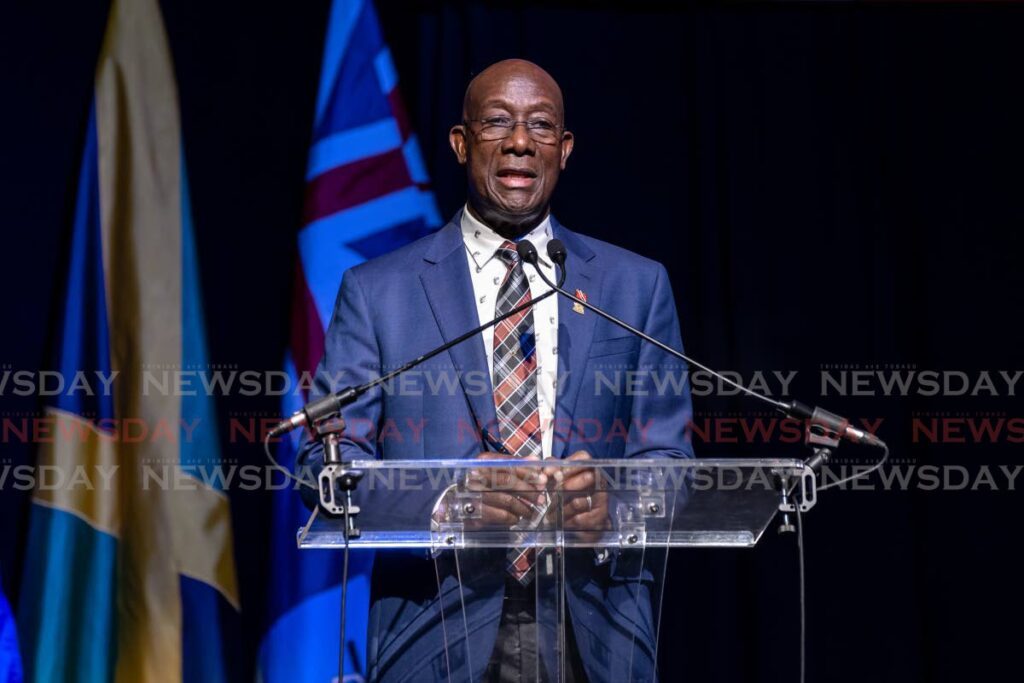Refine transparency process

THE ISSUES that arise when public officials engage private investors in relation to state assets are many and are, for leaders who get directly involved, fraught with risks.
Such is clear given the war of words this week between the Prime Minister and Oilfields Workers’ Trade Union president general Ancel Roget.
The two sparred over Dr Rowley’s recent meeting with a controversial Indian businessman, Naveen Jindal, at which the issue of the Pointe-a-Pierre refinery and Mr Jindal’s interest in its potential were reportedly discussed.
Mr Roget, noting a deadline of May 10 in relation to bids for the mothballed but still strategically valuable facility, alleges bias and worse.
“Extreme bias has been shown in that process, when the head of the Cabinet could step outside of the process and engage a contender,” Mr Roget said. “Did we not pass procurement legislation?”
Dr Rowley, however, insists the process is being conducted at arm’s length.
“Even as the government owns the refinery and proposals are frequently invited, that aspect of evaluating offers and recommendations to Cabinet has been and is being done not by the Prime Minister but by a team of professional people,” he said on June 25.
But the optics are not good.
And ultimately, the decision is for Dr Rowley, as he noted only a few days ago when he first addressed Mr Roget’s grumblings at a PNM event, saying, “The refinery is owned by the people of TT and until you are in the government or the prime minister, go and sing your calypso to your friends elsewhere.”
It is Dr Rowley’s seeming habit of directly courting businessmen that puts him in the line of fire.
His recent trip to India was on the invitation of Reliance Industries, owned by Mukesh Ambani, with whom the Government proposes to build a brand-new cricket academy, the need for which is in heavy dispute.
Mr Jindal’s visit was, according to the Office of the PM, “a result of” that same trip, though doubt has now been cast on this claim by the Opposition.
Even the scotched Sandals project came after unspecified “conversations” between officials of that company and the Government.
It is one thing to wish to avoid red tape or to ask people to submit expressions of interest or to pre-qualify bidders.
It is another thing to bring to bear the weight of one’s office, publicly, in favour of people whose integrity you cannot vouch for while a selection process is ongoing.
Leaders who show initiative to create jobs are to be praised.
But leaders who lament a culture of corruption, then pretend corruption does not exist, and ignore the fact that the public is fearful of it, must be forcefully reminded of the need to stick to due process and transparency.

Comments
"Refine transparency process"